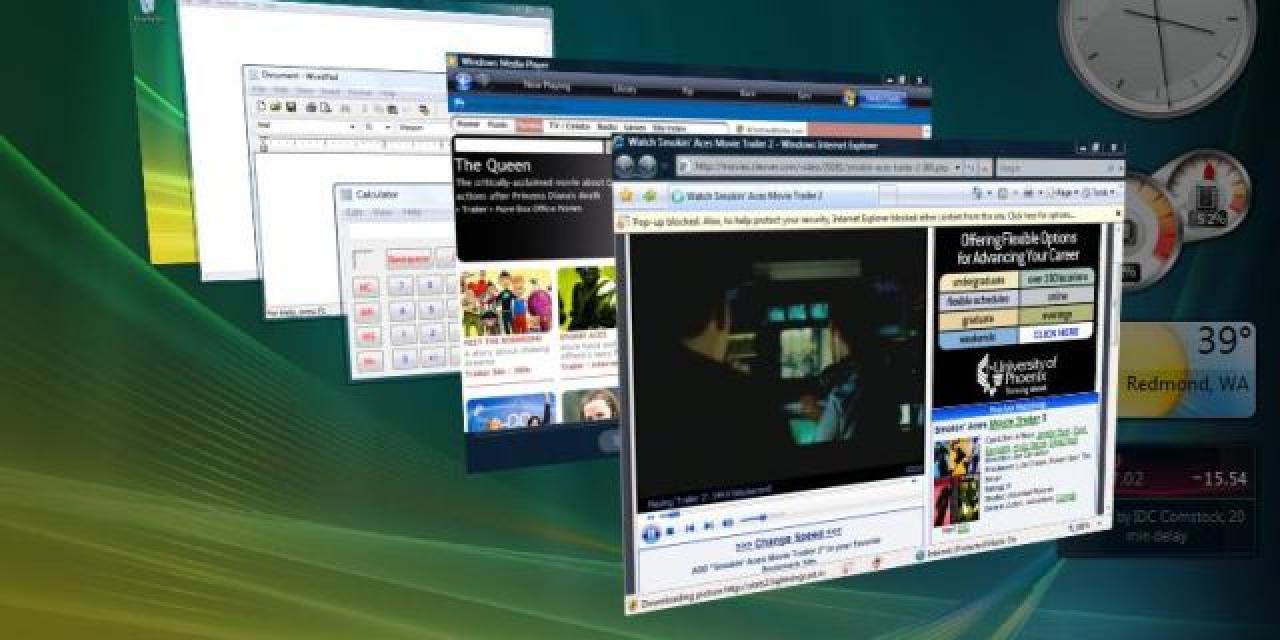

Microsoft's, long delayed, Windows Vista was finally released to consumers amidst controversy over its various security features.
Large scale, publicity events in the U.S., London and Tokyo marked the release of Vista while Microsoft also celebrated the release of new versions of its Office suite and Microsoft Exchange email software. These launch events are highly symbolic as Windows Vista, for the first time, is also available to download over the Internet. Despite the brave face of the launch, it is not expected that Vista will sell well in its first few months as users try to come to terms with the changes it will introduce and the need for hardware upgrades. Another issue for Microsoft is the controversy surrounding the Vista DRM and its purpose while a Romanian programmer claims to have managed to bypass the Vista security feature.
Vista has been available to businesses since November 30 while prices for consumers will vary from USD 100 to 400. Bill Gates claimed that Vista is more important than ever as users have come to associate their computers with their OS, When people think about their PC, they think about Windows even more than who the manufacturer is, Gates told The Associated Press. That determines how it looks, how you navigate, what the applications are that are available. Microsoft's Steve Ballmer claims there is still a lot of work to do as Vista will continue to grow, Developers need a richer platform if we're going to get speech, voice, natural language, and more rich 3-D-type graphics into the user interface, Ballmer said. The operating system will need to evolve with them. (PC - chips, storage, high-definition DVDs)
Vista will also introduce DirectX 10 gaming which will be exclusive to the platform while Microsoft also plans to release some Vista-exclusive games such as the PC version of Halo 2. According to Ballmer however, the bulk of consumer sales will originate from the sale of new PCs and this may also serve to keep initial Vista sales figures low.

